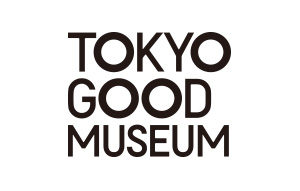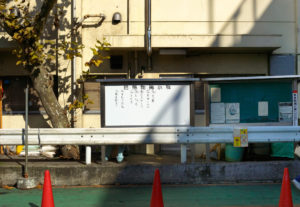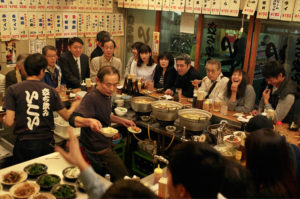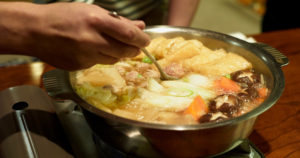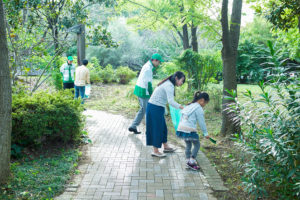Itadakimasu / Gochisosama
Itadakimasu – An Untranslatable Expression in English
Japanese people say ‘Konnichiha’ when we greet them, and ‘Itadakimasu’ before they eat. Both expressions are commonly used in their daily lives. While ‘Konnnichiha’ is used for greetings, ‘Itadakimasu’ is used to express their appreciation for the food in front of them. There is no equivalent expression in English and it is said that ‘Buon appetito’ in Italian, ‘Bon apetit’ in French, both meaning ‘Enjoy your meal’ or ‘Mahlzeit’ in German, meaning ‘It’s time to eat’ have the closest resemblance.
‘Itadakimasu’ comes from the verb ‘itadaku’ and it was used to mean ‘to put something on one’s head’ in the Man’yoshu (8th century anthology of Japanese poetry). Afterwards, the meaning changed to ‘eat food’ as people used to raise the food above their head before eating to show respect to the Gods before eating the same food as them.

Many Theories Regarding the Origin of ‘Itadakimasu’.
In the Edo period ‘Itadaku’ was widely used as a humble expression to mean eat and drink. Then, when did people start saying ‘Itadakimasu’ and ‘Gochisosama’ before and after meals like people do currently?
It is unclear as some people say it was around the Edo period when the use of ‘itadaku’ became commonplace but other people argue that it was around the Taisho to Meiji era when school education was formally established. Nowadays, depending on the region, some people put their hands together or bow as they say these expressions. As for putting the hands together when they say ‘Itadakimasu’, there are several assumptions as to whether it was due to the influence of Zen or Buddhism or simply a traditional habit passed down through the generations.
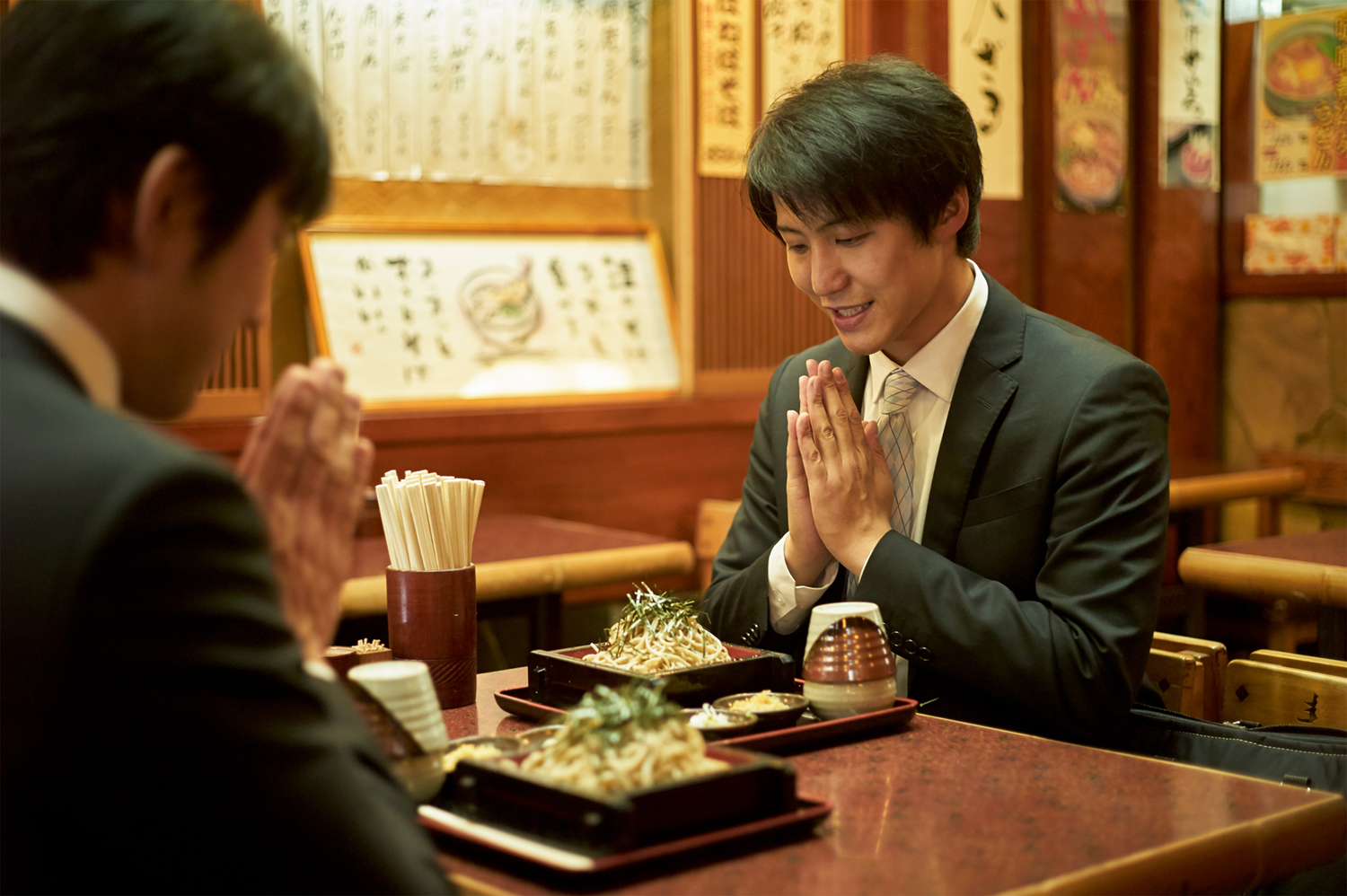
Words Used to Express Appreciation and Understanding of Food
According to Ogasawara style of etiquette, which has been in existence since the Muromachi Era, ‘Itadakimasu’ and ‘Gochisosama’ express the appreciation to the lives of the ingredients, along with the time and effort that a lot of people have put into the preparation of the meal. Apparently, people used to say ‘Gochisosama’ also after taking a bath.
In ‘Food appreciation creates an enjoyable meal’, the food education material distributed to Japanese elementary school students by the Ministry of Education, ‘Itadakimasu’ and ‘Gochisosama’ are introduced as magical words used to make the meal more delicious. These manners encourage children to appreciate the ingredients they eat and the producers, sellers, and cooks of those ingredients and a level of respect for food in general.
Everyone in Japan, whether they are small children or adults, says ‘Itadakimasu’ and ‘Gochisosama’. Japanese people live with this appreciation for the fundamental aspects of their lives, which is a beautiful custom.
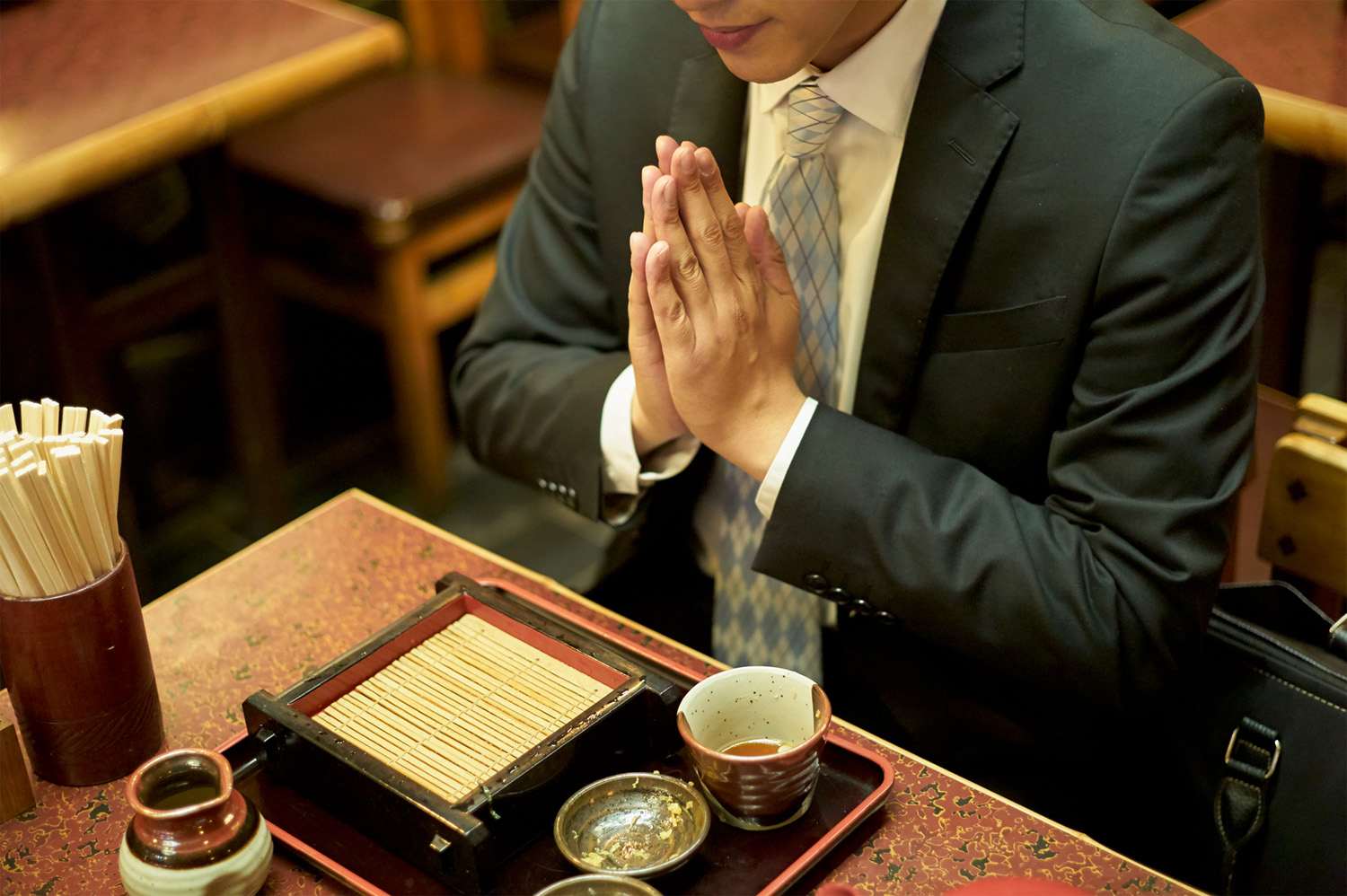
Data
| When did it start? | ‘Itadaku’ started being used as humble expression to mean ‘eat and drink’ during the Edo era. There is a theory that the use of ‘Itadakimasu’ became common around the same time. Another theory is that it became common around the Taisho and Meiji era. |
| Where can we observe this custom? | During daily meals whether at home, in cafes, or restaurants all across Japan. They are also commonly seen in Japanese restaurants abroad. |
| Best suited time of the year or the day to observe this custom? | At meal times in the morning, lunch and evening. |
| Data | ‘Japanese meals; The traditional eating culture of Japanese people’ was registered as a UNESCO Intangible cultural heritage in December of 2013. |
| Please note | Keep the appreciation of your meal short, as the food gets cold if it is too long! |
In cooperation with: Ogasawararyu Reihou Headquarter
Reference:
‘Beautiful etiquette of Japanese language’ Keishosai Ogasawara(Shogakukan)
‘Since when Japanese people started saying “Itadakimasu”’Daisuke Sasaka
‘Meaning Transformation Dictionary of common words’ Reiichi Horii(Tokyodo Shuppan)


